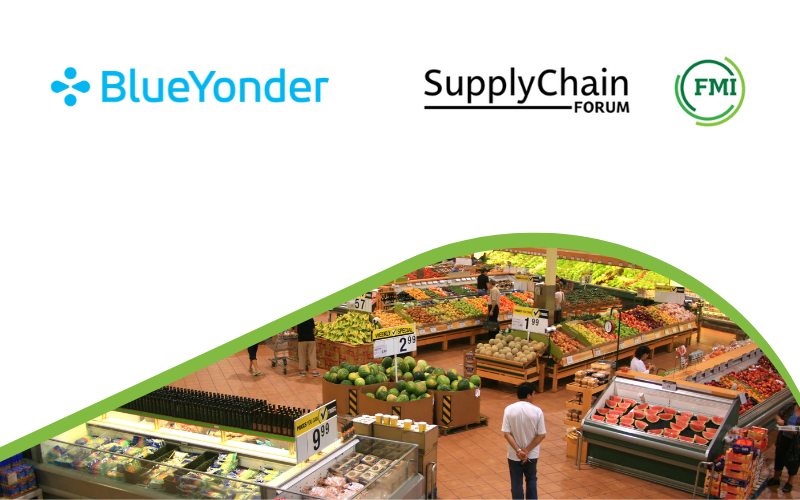Navigating the Future: Insights from the FMI Supply Chain Forum
The 2023 FMI Supply Chain Forum brought together professionals from various sectors, including retail, consumer packaged goods (CPG), manufacturing, and third-party logistics, to discuss the pressing issues and opportunities in the food industry. Having attended the event, I’ll delve into key takeaways from the forum and explore how the food supply chain is evolving to meet the challenges of the modern era.
The overall theme I took away from the event was: Adapting to constant, rapid change. Here are a few of the other themes that emerged from this year’s event:
- Investing to Get Better: The best companies are investing their earnings to enhance their core capabilities. In a dynamic market, continuous improvement is essential for staying competitive.
- The Uncertain Future: The crystal ball of economic forecasting seems to be on the fritz. Traditional drivers of economic growth, such as real income growth, are waning, giving way to a series of headwinds. Households have spent their savings, and questions loom about future fuel sources.
- Financial Concerns: Credit card debt is at a 20-year high, and the labor market remains challenging. Business investment, except in warehousing, has stagnated. Low-income households are feeling the recession’s pinch, partly due to SNAP benefit reductions.
To succeed, companies need to build resilience. Here a few ways companies can do that, which were shared during the event:
- End-to-End Resilience: To weather the uncertainties ahead, the food industry needs a more resilient end-to-end supply chain. Collaboration between CPGs, retailers, and 3PLs is crucial. True collaboration goes beyond mere transactions; it involves partnership and transparency.
- Digital Transformation: Grocers must transform into great digital companies before digital giants become great food companies. Walmart’s successful digital transformation is a testament to the importance of this shift.
- Embracing the Unpredictable: Predicting the unpredictable is futile. Instead, businesses should focus on building sustainable and flexible supply chains that can adapt to unexpected disruptions.
- Technology Overhaul: Legacy systems from the last millennium still hinder progress. Retailers recognize the urgency of transforming these systems to support digital initiatives. Over the next few years, they aim to modernize a century’s worth of legacy technology.
- Customer-Centric Approach: E-commerce click-and-collect is booming due to consumers’ time constraints and the inconvenience of in-store shopping. Retailers must prioritize the customer experience, which encompasses both digital and in-store interactions.
- Labor Challenges: Labor remains an unsolved puzzle. A combination of automation and alternative workforce solutions, such as those from the food service sector during the COVID-19 pandemic, may hold the key.
- Investing in People: Retailers that invest most in their workforce tend to perform the best. Employees are a valuable asset in enhancing the customer experience and optimizing operations.
- Sustainability Matters: Sustainability is at the forefront of supply chain concerns. Reducing carbon emissions, conserving energy, and minimizing food waste are top priorities for the industry.
The food industry faces a landscape of uncertainty and change, but it is also ripe with opportunities. Adapting to evolving consumer demands, investing in technology, fostering collaboration, and prioritizing sustainability will be key to navigating the future successfully.
As the FMI Supply Chain Forum has highlighted, the path forward involves embracing the challenges and uncertainties while staying committed to innovation and resilience.
To learn how Blue Yonder can help you face uncertainty and face challenges visit www.blueyonder.com.

